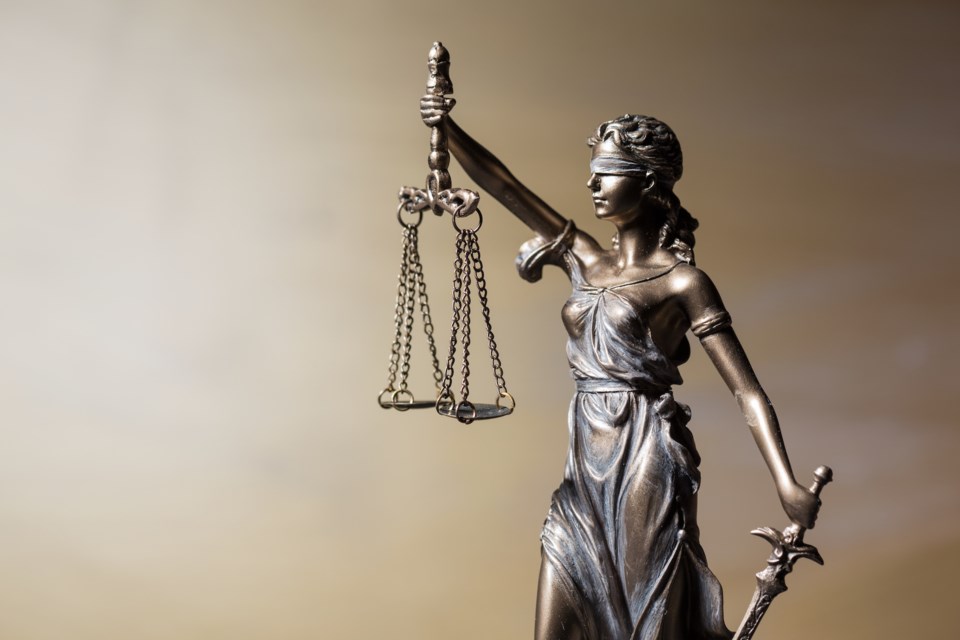Content advisory: This article contains language regarding a sexual service that may be offensive to some.
The Town of Newmarket’s bylaw department attempted to solicit sexual services as part of an investigation into a massage parlour allegedly offering them, a hearing was told today.
According to testimony and evidence from bylaw officer Jacob Brewer during cross-examination in a town appeal committee hearing March 14, he had anonymously texted the number for the business to request a “tug,” referring to a handjob, and a price.
The hearing is concerning Top Health, an Asian-owned massage parlour fighting against the town denying it a licence over alleged violations of bylaws, including one specific to massage parlours offering sexual services.
“We were just looking to see if they were offering it at the business,” Brewer said. “If there was an indication it was for money, that would be sufficient evidence.”
Top Health and the municipality have been locked in appeal committee hearings for several days, spread out over several months. It stems from the efforts of the town to crack down on alleged illicit massage parlours offering sexual services, which the town passed a bylaw to address. But advocates have pushed back and said the bylaw unfairly targets Asian-owned parlours.
The hearing discussed messages between Brewer and another party, apparently from Top Health. Brewer said after his text, the respondent said not to talk over the phone and directed him to the Top Health address.
“There was an indication they want to remain subtle and not have explicit chat over text,” Brewer said.
After that, Top Health lawyer Marcus McCann and Brewer spoke to Brewer’s reply, texting OK followed by a smiling emoji, an eggplant emoji, and a spurting water emoji also meant to indicate a handjob.
McCann asked about the training Brewer received and “whether this type of questioning would tip over into sexual harassment?”
Brewer answered no.
Town lawyer Howard Levitt later responded by asking if the respondent had refuted the “tug” and indicated that the business does not offer that. Brewer said no.
The municipality has offered evidence with respect to Top Health, which shows it listed on various sexual websites such as LeoList. A phone number associated with the business on Leolist, but not on the business’s signage itself, has also turned up on other websites associated with sexual services.
McCann has pushed back on that assertion, with lines of questioning on any direct evidence that Top Health itself made these advertisements and floating the possibility that a third party did so.
Concerning the website advertisement, Levitt engaged in a line of questioning as to whether Brewer could see any reason for a third party to post about Top Health.
“I don’t see any reason why somebody would be pretending to be Top Health,” Brewer said.
The municipality has also presented evidence of warnings that Top Health was given to stop operations without being licensed under the town’s new personal wellness establishment bylaw, which requires businesses to provide evidence of training from accredited sources. Top Health was one of three locations denied such a license, and the town said it defied town rules and continued to operate regardless.
To that, the town offered a video alongside testimony from the bylaw department’s Adam Sergeant about a person entering Top Health while it flashed a sign indicating it was open. Levitt said Top Health’s position is that it was an IT person, but Sergeant said with the person having no uniform, he does not think that is the case.
Both sides rested their cases March 14, with McCann calling no witnesses but instead relying on submitted evidence and the testimony thus far.
The committee requested written closing arguments and rebuttals, with another hearing to come for any questions arising May 16.



